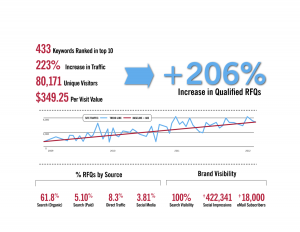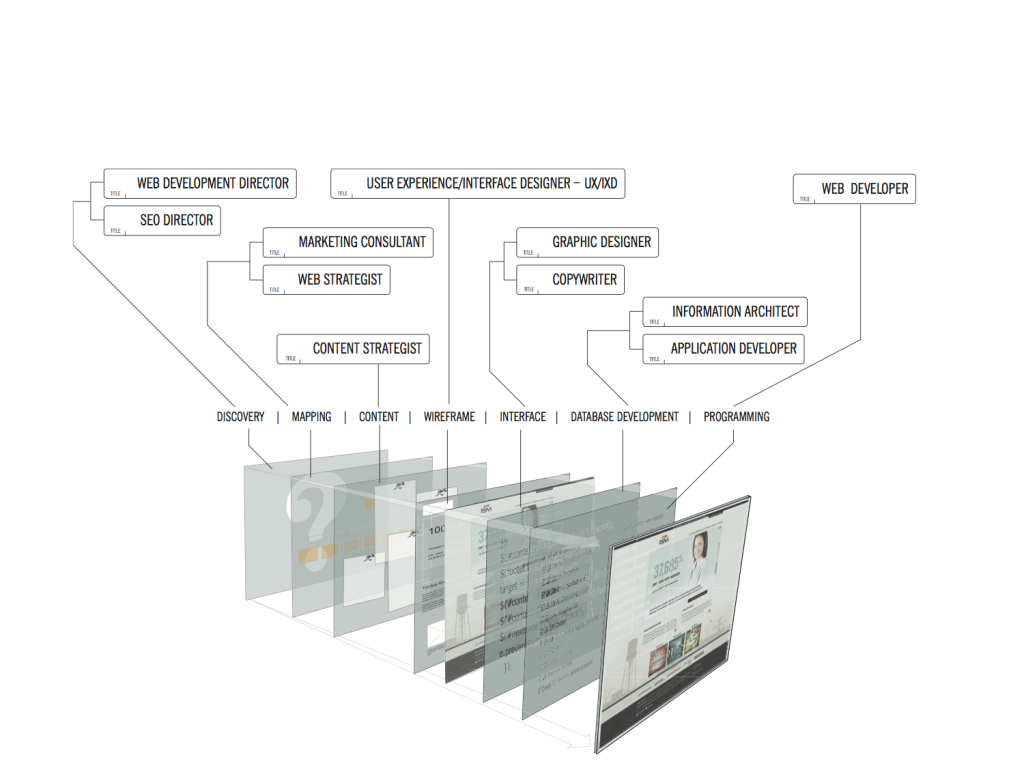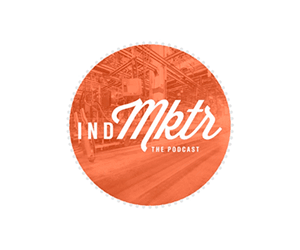Building an industrial website is like laying a foundation for a home. Your website is the keystone for most of your digital marketing efforts. It’s a resource for both attracting potential customers and adding value for your current customers. You don’t want to take chances when creating one.
Since the inception of Industrial Strength Marketing in 2003, we’ve created more than 200 industrial websites industrial websites. Here are 15 questions we’ve heard over and over while creating these sites, which we think everyone should ask when they are looking for a partner to build their next-generation industrial website.
1. Does your web development team understand industrial?
Anybody can build a website. And the days are over when you were rewarded for just being on the web, or when you could just throw up a mess of keywords on your industrial website and customers would find you. Now you need to create content that is useful, relevant, and engaging. How can a web team create content if they don’t understand the difference between a distributor, a Tier 1 manufacturer, and an OEM?
2. How long have you been in business?
Half of companies go out of business in the first five years and only a third make it to ten years. Like most business sectors, the web development industry includes a large number of companies that go out of business in their first 18 months of existence. Look for a web design company that has been around for at least five years.
3. Will I own the website?
As part of your agreement, make sure you will own the website if you part ways with your web developer. Needless to say, you don’t want to be surprised if your web design company goes out of business and you no longer have a website (see question No. 2 above).
4. Will the website be built using an open-source CMS?
Your website should be built using an open-source Content Management System such as Magento, Drupal, or WordPress. Open Source CMS software is standardized and any web designer worth their salt will be able to work on a website made using it. So, if you part ways with the company that built your website (see No. 3), any web developer will be able to take over without your website falling apart.
5. Will there be training?
It’s your website and a representation of your company. You should be able to use it. Basic training with the CMS (see question No. 4) will give you the flexibility to update the website, correct errors, and eventually handle all content development if you desire. You should expect about 10–15 hours of training, consulting, and troubleshooting as part of your web development package.
6. Is hosting included in the cost?
Generally, website build estimates do not incorporate hosting fees. These fees can range from $20 per month to $50 per month. Hosting can be handled by your web development company, you can select a hosting service provider, or you can even have your IT department set up a server so you can self host.
7. How many hours of ongoing support are included?
Today, industrial websites aren’t static entities that never change. They require at least a few hours of maintenance each month for software updates and inevitable troubleshooting. If your agreement doesn’t include any service hours, you could be looking at outsourcing, which can be a hassle. Ask for at least two hours a month of maintenance from your web design company.
8. How quickly can you start working on my site?
Most reputable industrial web development companies will be working with a backlog of at least 30 days. These companies have a steady stream of business that keeps the schedule filled. The web team must finish other industrial website projects that are already in the queue before they can start yours. If a web design company says they can start “today,” they probably don’t have much work and you probably want to stay away.
9. How much of the work will be done in house?
The answer you want is, “As much as possible.” Working primarily with in-house staff at your web development company will give you access to everyone on the web development team. Plus, your team will be accountable to you and communication will be streamlined. Now, not all work can be done in house. Typically, special projects, such as photography and video, will be outsourced by the creative department (think of it as materials acquisition). But all the other elements, such as account management, content, and development, should be handled in house.
10. How many people will work on my website?
The web process is pretty much the same for all industrial websites (see Figure 1). But this basic process can benefit from specialists who add their input at certain phase. For instance, it’s good to know if your graphic designer plans to double as your content expert. That might produce some bottlenecks in the schedule. The more specialized your team is and the deeper the bench, the better the product and the faster the build.
11. Will both parties sign off on a specification?
The specification is basically the plan for building an industrial website. It includes: primary navigation, integrations, page titles, number of pages, and number of design iterations. In some cases, minor extra costs will pop up. But by formally agreeing on the framework for your website and the build process, all parties get on the same page, eliminating any major surprises down the line.
12. Will Google Analytics be installed?

Installing Google Analytics on your site will give you access to reporting data so you can improve performance over time.
You will want to monitor traffic trends for your new website monthly, yearly, and, on occasion, in real time so that you can make improvements. But you can’t manage what you don’t measure. Google Analytics is the gold standard for measuring website activity. Installing it will also let you monitor which marketing channels are most effective for delivering potential customers to your website.
13. Will the website be responsive for mobile?
In April 2015, Google shifted its search algorithm to look favorably on websites built for mobile. Responsive websites have become the norm, then, because they cater to all platforms — desktops, tablets, and smartphones. Currently, U.S. smartphone penetration is around 75% for adults and tablet penetration is around 51%. With a responsive website, you will create a better experience for most users. And Google and your customers will thank you for it.
14. How long will it take to build the website?
Obviously, it depends on the complexity of the website. Is it an e-commerce site? How many products are in the catalog? Will there be professional photography? At ISM, the average web build takes between 90 and 150 days. Some companies can build you a website in one or two months. I would be cautious of any company that builds a website in less than 60 days (see question No. 8).
15. How much will it cost?
Like the answer to No. 14, it depends on a lot of factors. Industrial websites can range from $2,500 to $150,000. But on average, a well-constructed industrial website that includes content development and an open-source CMS, developed by a team of industrial marketing specialists, will cost at least $35,000.
Next Steps for Your Industrial Website
Your industrial website is your showroom. Make sure it’s done right. For the potential customer, it is most likely one of their first points of contact with your company. For current customers, it should make their buying experience easier. For past customers, it’s an opportunity to capture their attention again. Take a look at your website. What does it say about you?
If you would like a quick independent evaluation of your existing industrial website or an opinion about how to approach building a new one, contact Industrial Strength Marketing. You can also visit www.marketstrong.com to see some of our web development work.





